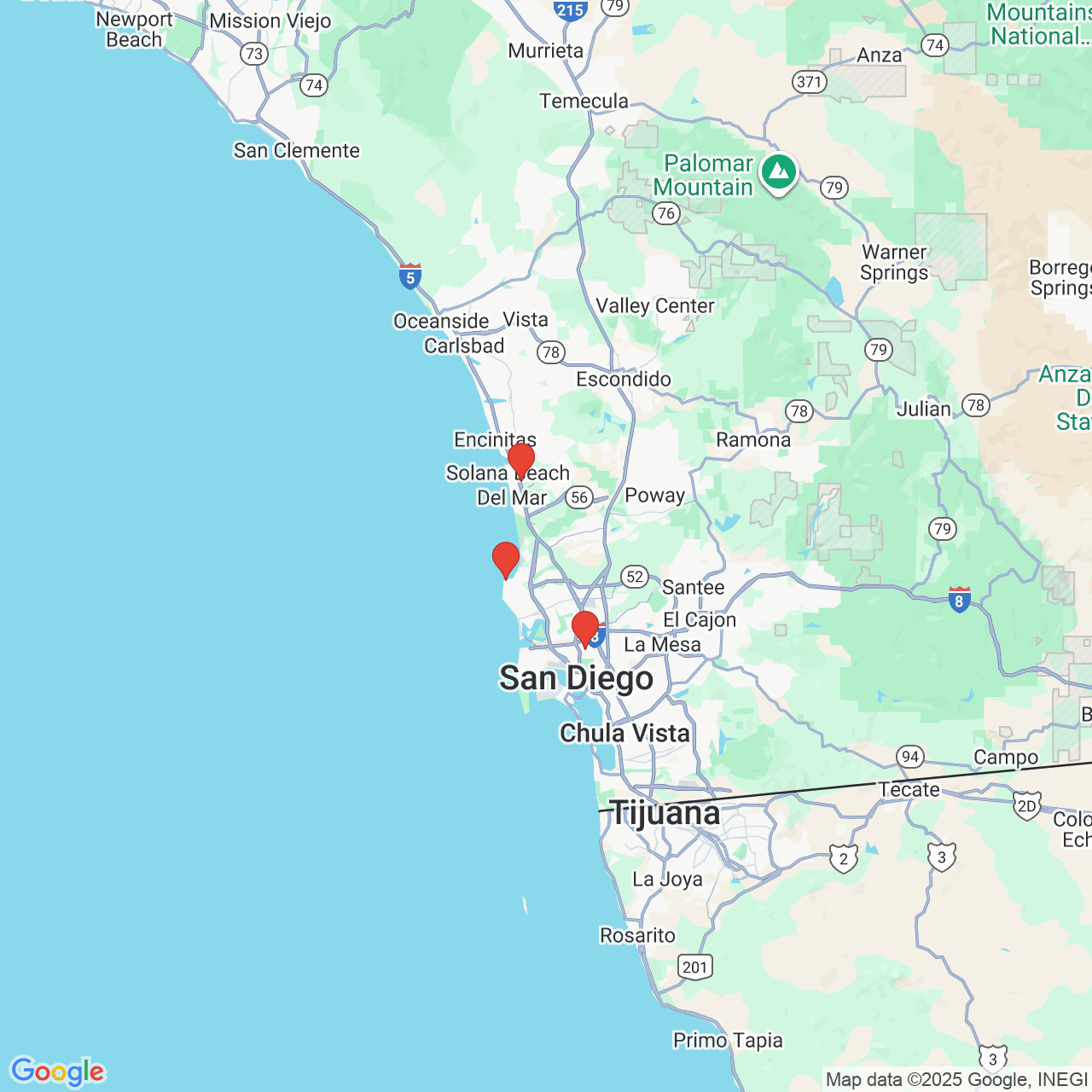Basic and Medical Requirements for LASIK Candidates
 One of the most important steps of LASIK surgery is the screening process that takes place prior to the surgical appointment. The LASIK screening, or evaluation, is performed to determine if the patient is a suitable candidate for the surgery. Certain patients, including those with large pupils and high degrees of refractive error, are at an increased risk of developing LASIK complications; others experience unsatisfactory results. If this is the case, the surgeon will provide the patient with alternative treatment options. At the San Diego practice of optometrist Gordon Wong, we perform the appropriate tests to determine if patients are good candidates for LASIK surgery.
One of the most important steps of LASIK surgery is the screening process that takes place prior to the surgical appointment. The LASIK screening, or evaluation, is performed to determine if the patient is a suitable candidate for the surgery. Certain patients, including those with large pupils and high degrees of refractive error, are at an increased risk of developing LASIK complications; others experience unsatisfactory results. If this is the case, the surgeon will provide the patient with alternative treatment options. At the San Diego practice of optometrist Gordon Wong, we perform the appropriate tests to determine if patients are good candidates for LASIK surgery.
LASIK Eligibility
To be considered a good candidate for LASIK surgery, patients must meet the following basic and medical requirements:
Basic Requirements
- Be at least 18 years of age
- Have a stable vision prescription for at least two years
Medical Conditions
- Be in good general health
- Not be pregnant or nursing
- Not suffer from autoimmune conditions or take medications that compromise the immune system
- Not suffer from serious medical conditions such as diabetes and collagen vascular disease
Eye Conditions
- Be free of eye infections and injuries
- Not suffer from cataracts, glaucoma, keratoconus, corneal disease, and certain other eye diseases
- Not suffer from corneal scarring or defects
- Not have a history of dry eye
- Have adequate corneal thickness
- Not have overly large pupils
- Not have a high degree of refractive error
What to Expect at the LASIK Screening Exam
When patients visit our office for a LASIK evaluation, they can expect to have a conversation with our medical team regarding their health and vision problems. They will also undergo a series of eye tests.
Medical History
During the appointment, patients should be prepared to discuss their medical history. This will include a discussion on their general health and vision health. They should inform our staff of any conditions or diseases they are aware of, and bring a comprehensive list of medications they have taken in the past two years.
Vision Tests
Our staff will perform a range of tests to check the health of the eyes and determine the degree of refractive error.
- Refractive testing:A wavefront analysis can be performed to determine the degree of refractive error.
- Pachymetery:The pachymetry measures the thickness of the cornea.
- Pupil size:In this test, eye drops are administered to dilate the pupils so they can be measured at their largest size.
- Tear film analysis:In the tear film analysis, we measure the quantity and quality of the tears to determine if the patient is at risk of dry eye after LASIK.
- Corneal topography:The corneal topography analyzes the topography of the cornea to determine if corneal problems are present or if the patient will be at risk of corneal problems after LASIK.
LASIK Alternatives
If a patient is not a good candidate for LASIK, we will recommend alternative options. Another type of laser eye surgery, PRK, can often be performed on patients who are not good candidates for LASIK. Other options include designer eyeglasses or contact lenses.
To schedule a LASIK screening at GW Eye Associates Inc, contact our practice today.


